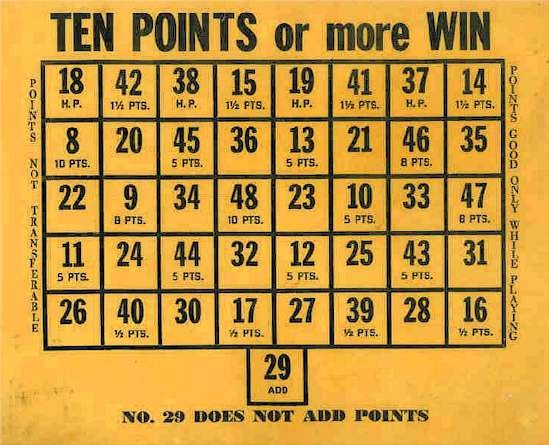Yeah, it's something of a hobby horse. But it's important. Sean Illig interviews Michael Lewis about why people don't trust experts. I don't think Lewis gives anything like a full explanation, but he does make a point I'd like to pick up on. Much of what experts say about the world is probabilistic, and people just don't understand probability and statistics, either in a philosophical or a technical sense.
Actually, probability is difficult to understand philosophically. I'll stay out of those weeds for now but most predictions, at least the interesting ones, come with a degree of likelihood, they aren't definite. Maybe there's a 1 in 500,000 probability that you'll have myocarditis as a side effect of a vaccine. That shouldn't be anything to worry about, especially if it's 1/1,000 of the probability you'll get myocarditis if you get the disease the vaccine prevents, but for some reason, that's hard to explain to some people. It also means that the experts can appear to be wrong. It's much more compelling if someone you know does get the side effect, than if someone tells you it's rare. Samples of 1 can be more convincing than samples of 1,000,000.
But people also don't understand probabilities technically. That's a fact well known to con artists, including the ones who run the old carnival game Razzle. At the link is the clearest explanation I've found of this. The game consists of a surface with many holes, each of which is numbered 1 through 6. You throw 8 marbles onto the surface and add up the numbers of the holes they land in. This is exactly equivalent to throwing 8 dice, BTW, and the game can be played that way.) There's a chart on the wall that shows how many points you get for each possible score. It looks like this:

As you can see, you get some amount of points for about half the numbers. The idea is that you pay, say $1 per roll, and if you get to ten points, you win a prize, which is usually quite valuable. If you roll an 8 or a 48, you win instantly! But you can win on two rolls with a 13 and a 10, and if the prize is worth a lot of money, you don't even mind spending a buck to get a point and a half or a half point.
There are some other tricks the con man uses to pull more money out of you, on of which has to with the 29 score (read the linked article if you're interested) but he doesn't really need to use them. The odds of rolling an 8 or a 46 are approximately 1 in 1.6 million. In fact, the chance of rolling any number that scores points is 1 in 36, and most of those just get you a half point. To get to 10 points you'd have to spend your life's savings.
If you roll multiple dice, the numbers in the middle of the possible range are much more likely than the numbers on the extremes. If you roll two dice, there's only one way to score a 2 or a 12, but there are 6 ways to score a 7. With 8 dice, the probabilities at the extreme are infinitesimal. The probability of scoring an 8 is 1/6^8. Try it on your calculator.
In coming days, I'll have more to say about probability and statistics. Meanwhile, if you come across a Razzle game, walk away.
No comments:
Post a Comment